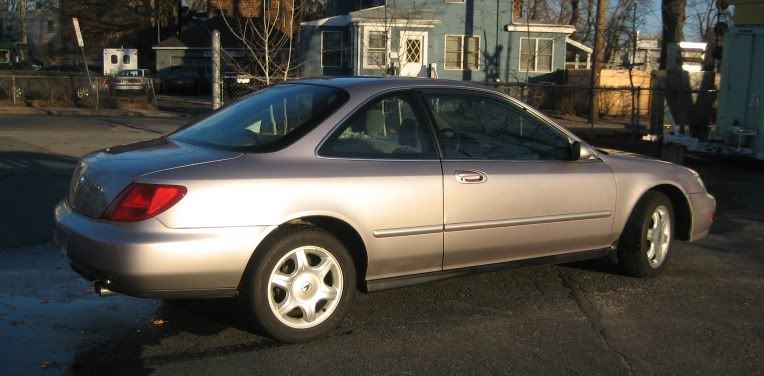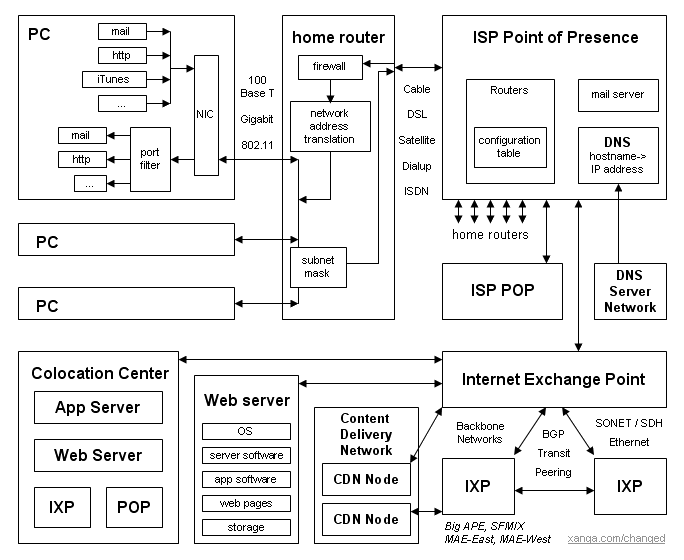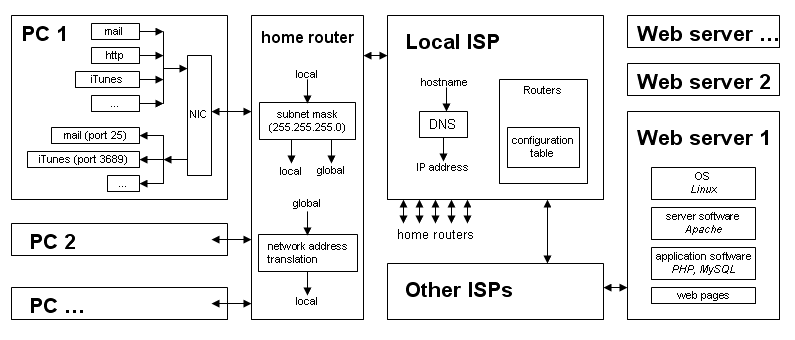Now that I’m settled into my new job in California, I’m rolling over my 401(k) and looking at my asset allocation. Ooh, how interesting! Next week: statistics for advanced accounting. I’m going to outline my strategy here and invite critical discussion from my savvy readers.
I think of investments in four categories:
- Cash
- Bond
- Domestic Stock
- International Stock
It’s possible to subdivide each category, such as Small-Cap vs. Large-Cap stocks. But I don’t hold any theories on the different performances of such subdivisions so I’m lumping them together for the purposes of this discussion.
I have a separate IRA supporting Highrock’s mortgage. To keep things simple, I am leaving it there, where it earns 5%, tax-deferred. That counts as the Cash portion of my retirement portfolio, leaving me to balance my 401(k) across the remaining 3 categories.
I’m going to omit Bond funds from my portfolio entirely. In my opinion, the expected return on those funds doesn’t justify the increased risk from recent and continuing mortgage-based bond defaults. That leaves only Domestic and International Stock funds.
I believe in index funds. The majority of actively-managed mutual funds underperform their benchmark index, while charging higher maintenance fees. Why pay more for less? Along those lines, my other key metric is to minimize the expense ratio. So that leaves me looking for one Domestic index fund, and one International index fund. Fortunately, my 401(k) administration website allows me to run searches and dump the results to a spreadsheet. So I found the following funds which matched my criteria:
Domestic: VTSMX, tracking MSCI US Broad Market Index, 0.15% expense ratio
International: GIXIX, tracking MSCI_EAFE, 0.37% expense ratio
I’m simply going 50% into each for both current funds and future allocation. Are there any problems with my logic or assumptions? For your own 401(k), do you pursue more sophisticated strategies, or less?






